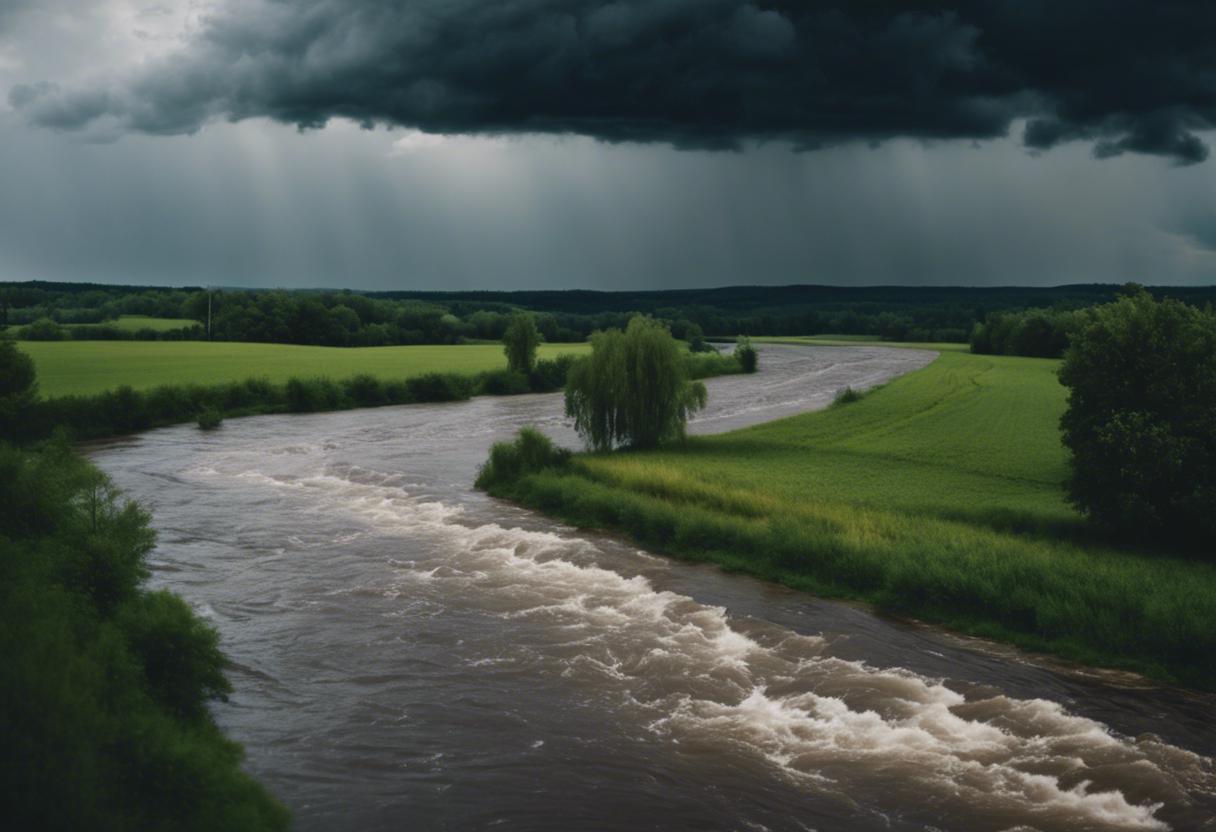Emergency authorities and residents in both Hungary and Poland have been advised to be alert as both nations brace themselves for flood-vigil as a result of Storm Boris. With floods reaching their height, leaders across Central Europe are seeking funding assistance from the EU to recuperate from the calamity that has resulted in 24 casualties and roughly several billions of euros in damages.
Viktor Orban, the Prime Minister of Hungary, indicated on a Thursday that the most challenging phase could last around a week or eight days from now. Thousands of troops and volunteers are bolstering embankments and piling up sandbags to stop the overflow of the Danube and other smaller rivers into inhabited regions.
Roads adjacent to the Danube in central Budapest are already inundated and the floodwaters are anticipated to escalate to an apex by Saturday. The floodwaters then are likely to move towards the south of Hungary at a moderate speed, potentially threatening the durability of the riverbanks and provisional defences.
Mr Orban warned to maintain vigilance even after the apex of the water level. He added that flood crest is expected to leave the southern region of Hungary by the middle of next week and by then, the riverbanks in Budapest should also be open to the public again.
In Poland, the flood wave peak on the Oder river reached Wroclaw, the nation’s third-largest city, on Thursday but did not pose any immediate risk to the improvised defences constructed by the soldiers, emergency personnel and volunteers in the last few days.
Polish Prime Minister, Donald Tusk, expressed during his crisis control team meeting held in the city that it’s too premature to declare the Wroclaw flood situation as resolved. He urged against unwarranted feelings of elation and relaxation. He also expressed preference for closely monitoring the fluctuations in water levels for accurate and consistent updates to the people of Wroclaw.
Mr Tusk indicated on Wednesday night that though the main flood defences might not be breached, there’s always the potential for embankment failure due to prolonged water pressure.
The water levels of Polish rivers are projected to remain exceedingly high for about two days, leading to “significant strain on the embankments… Consequently, all resources must concentrate on their safeguard”, warned a spokesperson.
The President of the European Commission, Ursula von der Leyen, had planned to travel to Wroclaw on Thursday evening. The purpose of her visit was to converse with Mr Tusk and the leaders of Austria, the Czech Republic, and Slovakia regarding the implications of the floods.
According to Petr Fiala, the Czech Republic’s Prime Minister, the floods are causing “severe” damage to the region. As a result, discussions will be held concerning “European financial aid options for the Czech Republic and other Central European countries”.

